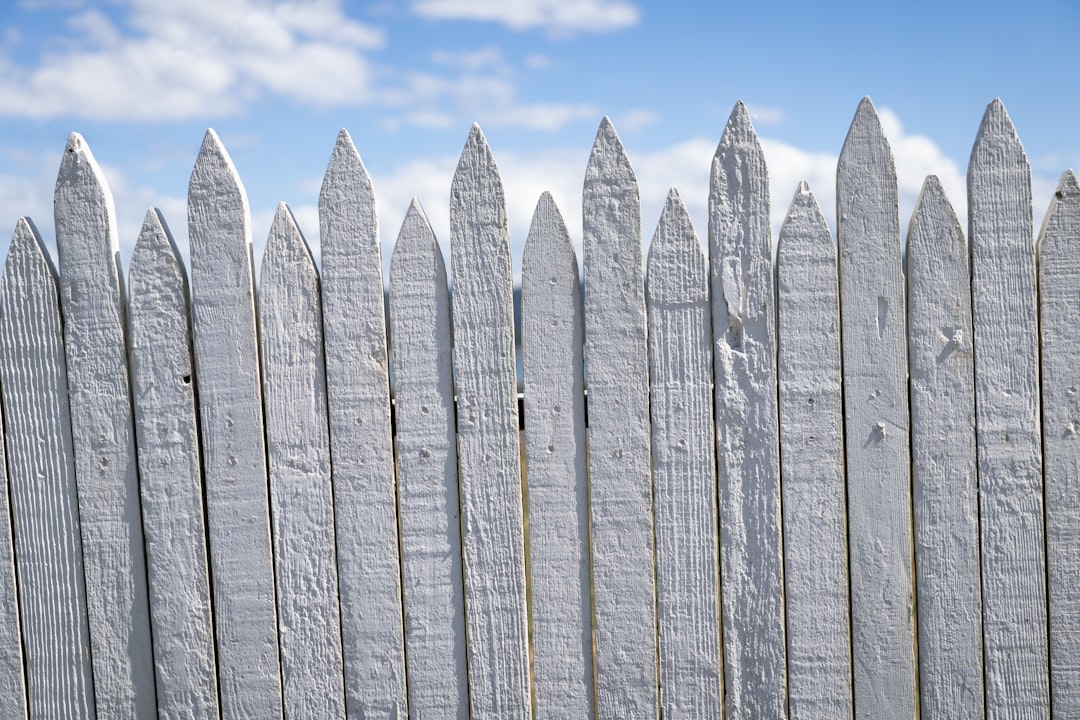CountBricks Fence Anchorage Cost & Quote Solutions
Construction Cost Hub – Anchorage
Price source: Costs shown are derived from our proprietary U.S. construction cost database (updated continuously from contractor/bid/pricing inputs and normalization rules).
Eva Steinmetzer-Shaw
Head of Marketing
Fence Anchorage Done Right: Precision in Every Post
Anchoring a fence in Anchorage requires careful planning and execution due to unique environmental challenges. Costs for a 150-ft, six-foot cedar privacy fence typically range from $3,750 – $7,500 installed. Switching to helical piles adds $50–$180 per foot, offering advantages like reduced concrete cure time and enhanced frost resistance. CountBricks provides data-driven estimates, ensuring your project is bulletproof before the first hole is dug.
Understanding Anchorage’s Unique Installation Environment
- Constant freeze–thaw cycles demand deeper post embedment
- Wind loads along Cook Inlet can exceed national averages
- Variable soils—loam, silty clay, and glacial till—require adaptive footing design
- Short building season leaves no room for change-order delays
Local Codes Homeowners Can’t Ignore
- Minimum 42 in. frost depth is enforced across most residential districts
- Corner posts often need 6x6 lumber or schedule-40 steel pipe for wind zones
- Utility clearance verification is mandatory before excavation begins
Five Primary Cost Drivers for Residential Fence Anchorage
- Post material: pressure-treated pine, cedar, vinyl-sleeved steel, or aluminum
- Footing type: concrete pier, helical pile, or driven pipe
- Linear footage and elevation changes across the lot
- Removal of existing structures or vegetation
- Permit fees and inspection scheduling
How CountBricks Eliminates Estimating Guesswork
Realtime Voice Capture
Discuss fence height, style, and anchorage concerns with our AI assistant onsite or from your truck cab. Every word populates a live itemized estimate.
Dynamic Material Database
- Lumber, ready-mix concrete, and hardware prices update automatically
- Regional adjustment factors reflect Anchorage freight surcharges
Instant Blueprint Takeoffs
Upload a PDF survey or hand-sketch. CountBricks AI detects property lines, slopes, and gate openings, then calculates post spacing and footing volumes in seconds.
One-Click Quote Documents
Generate branded proposals that homeowners can e-sign from their phone—no more weekend paperwork marathons.
Step-by-Step CountBricks Project Flow
- Voice consultation captures scope, length, and preferred materials
- AI suggests optimal anchoring method based on soil class and frost depth
- You review line-item costs, modify profit margins, and add crew hours
- CountBricks produces a polished PDF quote in under three minutes
- After acceptance, invoices auto-sync to your accounting software and purchasing lists are generated for local suppliers
Budget Benchmarks You Can Trust
A 150-ft, six-foot cedar privacy fence in Anchorage typically ranges from $3,750 – $7,500 installed. Switching to helical piles adds $50–$180 per foot, but eliminates concrete cure time and resists frost heave. CountBricks highlights these trade-offs so clients see the long-term value, not just the upfront price.
Hidden Costs the DIY Calculators Miss
- Winter hot-mix asphalt patching if posts penetrate driveway aprons
- Cold-weather accelerators for concrete when temps dip below 40 °F
- Crew standby charges when municipal inspections run late
Pro Tips From CountBricks Field Experts
- Use a 10-in. auger bit for 4x4 posts to achieve the 3x-diameter rule
- Bell out the bottom of each footing to create a frost-shoe profile
- Backfill with ¾-in. minus gravel the last six inches to promote drainage
- Schedule pours before 2 pm; late-day temps drop quickly and slow set time
- Pre-stain pickets and rails in a heated shop to keep onsite time minimal
Next Steps
Ready to lock down accurate fence anchorage costs? Start a free voice session at CountBricks.com and get an itemized proposal before the end of your coffee break.
Real-World Results: A Hillside Anchorage Case Study
Last spring, a South Addition homeowner needed 200 ft of horizontal cedar fencing on a 14-degree slope. Traditional concrete footings would have required tiered step-downs, extra excavation, and mid-summer cure windows. Using CountBricks, the contractor ran a voice session from the site, flagged the grade change, and asked for alternative anchorage options.
AI-Suggested Solution
- Transition from 8-ft on-center 4x4 posts to 6-ft spacing with schedule-40 steel pipes
- Install 4-ft helical piles with galvanized caps, eliminating concrete entirely
- Add two swing gates engineered for 90 mph wind loads
Outcome vs. Traditional Method
- Labor hours dropped by 26% thanks to faster pile installation
- Project finished ten days earlier, allowing the crew to pick up an extra deck build
- Homeowner saved an estimated $1,153 in cold-weather concrete additives
Lessons Learned
- Early identification of slope and soil class through CountBricks takeoffs prevents costly redesigns
- Dynamic pricing exposed a sudden spike in cedar picket costs, prompting a timely purchase that saved 8%
- Automated quote revisions kept the client updated in real time, increasing trust and eliminating back-and-forth emails
Apply These Insights to Your Next Project
Whether you are a solo contractor or manage multiple crews, integrating CountBricks into your fence anchorage workflow means fewer surprises and stronger margins. Launch a demo at CountBricks.com and experience how AI can fortify every post you set in Anchorage’s demanding ground.

